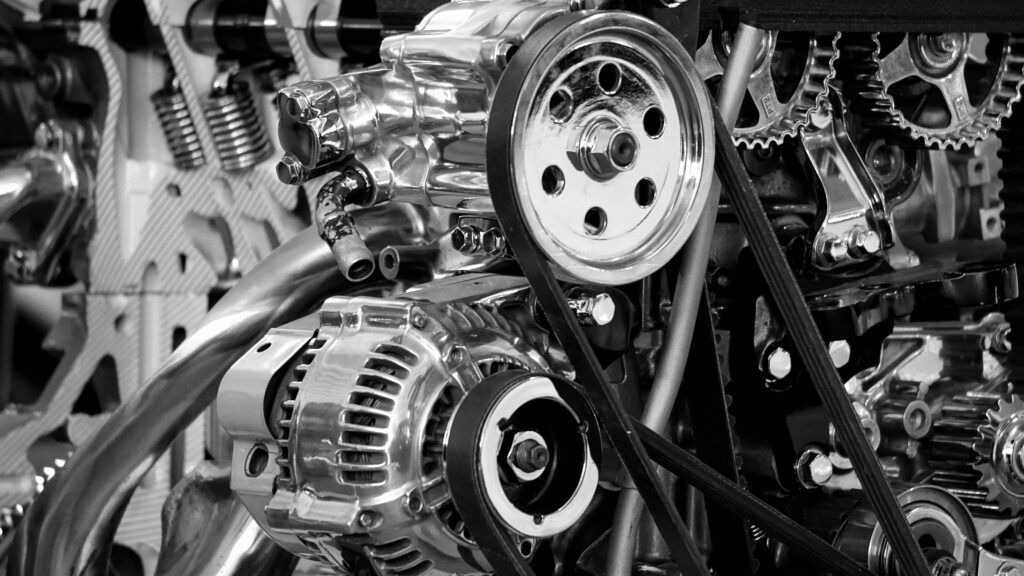
Engines are the heart of any automotive vehicle, converting fuel into mechanical energy to power the car. They come in various types, such as gasoline, diesel, electric, or hybrid, and are designed to offer different levels of efficiency, power, and performance.

Automotive body parts include the external and internal components that form the structure and appearance of a vehicle. This includes doors, hoods, fenders, bumpers, and panels, as well as internal elements like dashboards and consoles.These parts are often replaced or repaired after accidents or wear and tear.
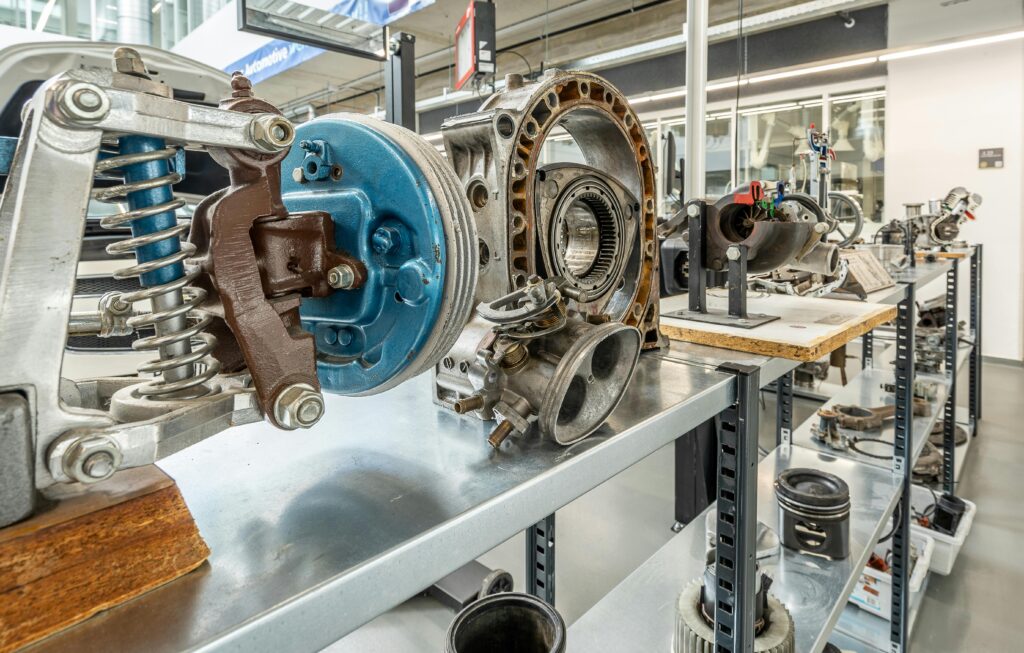
Aftermarket parts refer to non-original or third-party components added to vehicles after their initial sale. These include performance upgrades (e.g., exhaust systems, suspension kits), aesthetic modifications (e.g., custom rims, spoilers)and replacement parts like brakes and headlights.

Industrial chemicals are substances produced in large quantities for use in various industries, including manufacturing, agriculture, and energy. These chemicals range from basic raw materials like acids, solvents, and gases to more complex compounds like polymers and specialty chemicals.

Chemical components refer to the individual ingredients or compounds that make up a chemical product. These include elements, molecules, or mixtures that are combined to create specific properties in a product, such as strength, reactivity, or stability. Common examples include catalysts, additives, and binders.
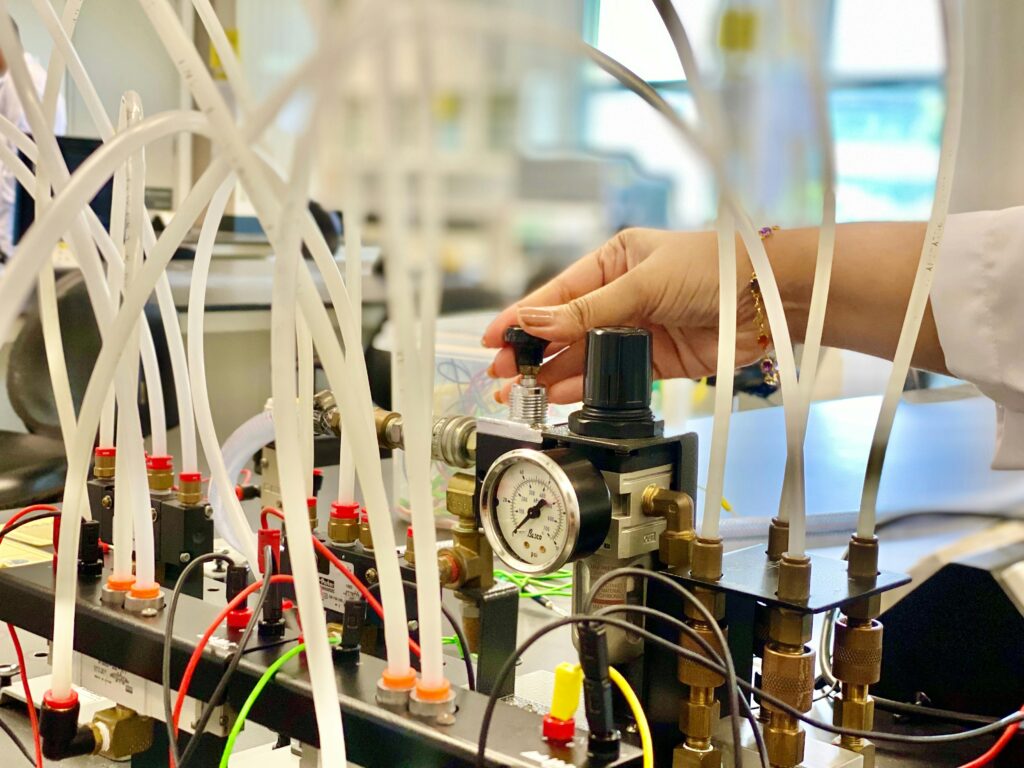
Processing machinery includes equipment used in the production and refinement of industrial chemicals. This machinery is designed to handle large-scale chemical reactions, mixing, separation, heating, and cooling processes. Examples include reactors, distillation columns, mixers, pumps, and filtration systems. They ensure that chemicals are produced efficiently.

Diagnostic equipment in the medical field includes devices used to detect, diagnose, and monitor diseases or medical conditions. This includes tools like X-ray machines, MRI scanners, ultrasound devices, and blood analyzers. These machines help healthcare professionals obtain critical information about a patient’s health to make informed decisions about treatment.
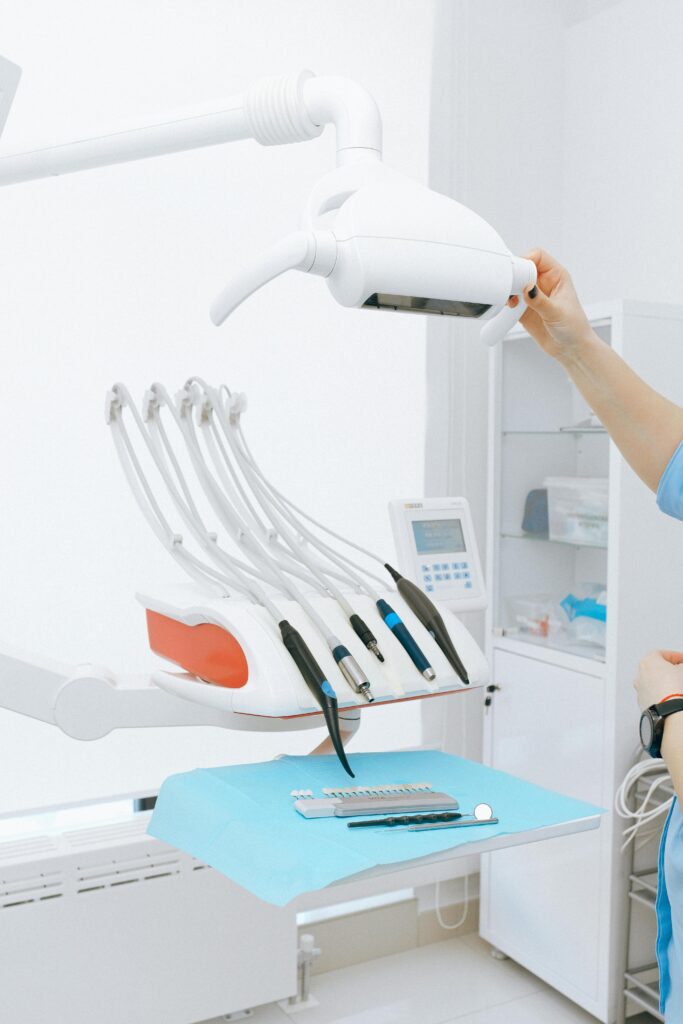
Treatment devices are used in medical settings to deliver care and therapy to patients. Examples include surgical instruments, laser therapy machines, infusion pumps, ventilators, and dialysis machines. These devices are essential for providing interventions and managing various health conditions, from chronic diseases to emergencies.

Beauty industry tools refer to equipment used for cosmetic treatments and skincare procedures. These include devices like lasers for hair removal, microdermabrasion machines, LED light therapy tools, and professional-grade skincare devices such as ultrasonic facial scrubbers. These tools are designed to enhance aesthetic appearance.
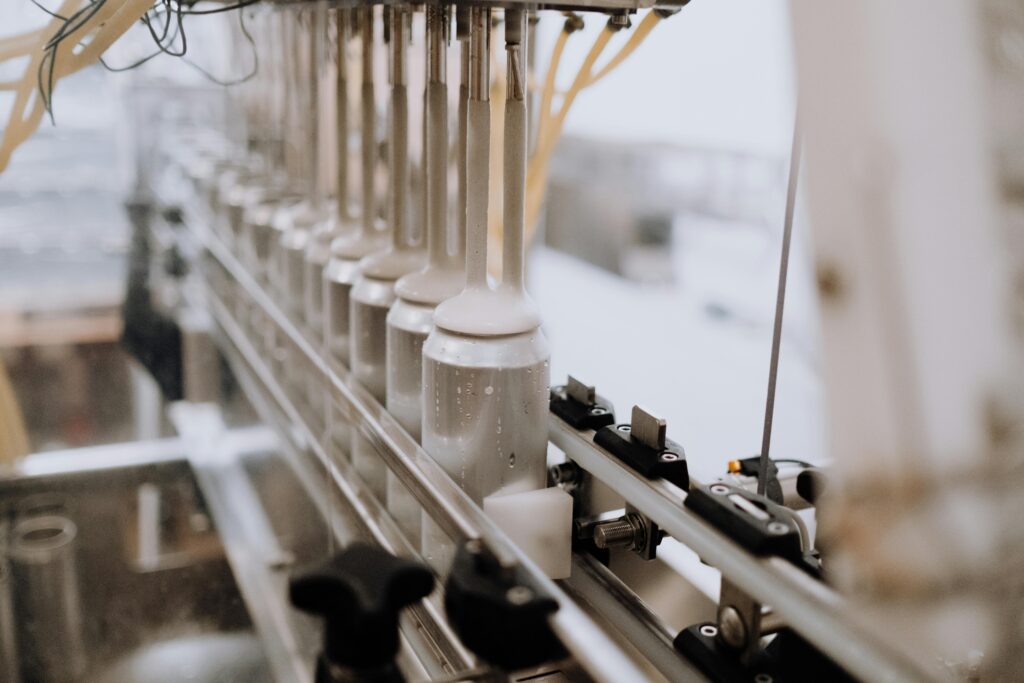
Assembly line machinery includes the automated and semi-automated equipment used to streamline the production process in manufacturing. This can involve conveyor systems, robotic arms, and specialized machines designed for tasks like welding, painting, and packaging. These machines enhance efficiency, reduce labor costs, and ensure consistent quality by performing repetitive tasks quickly and accurately.
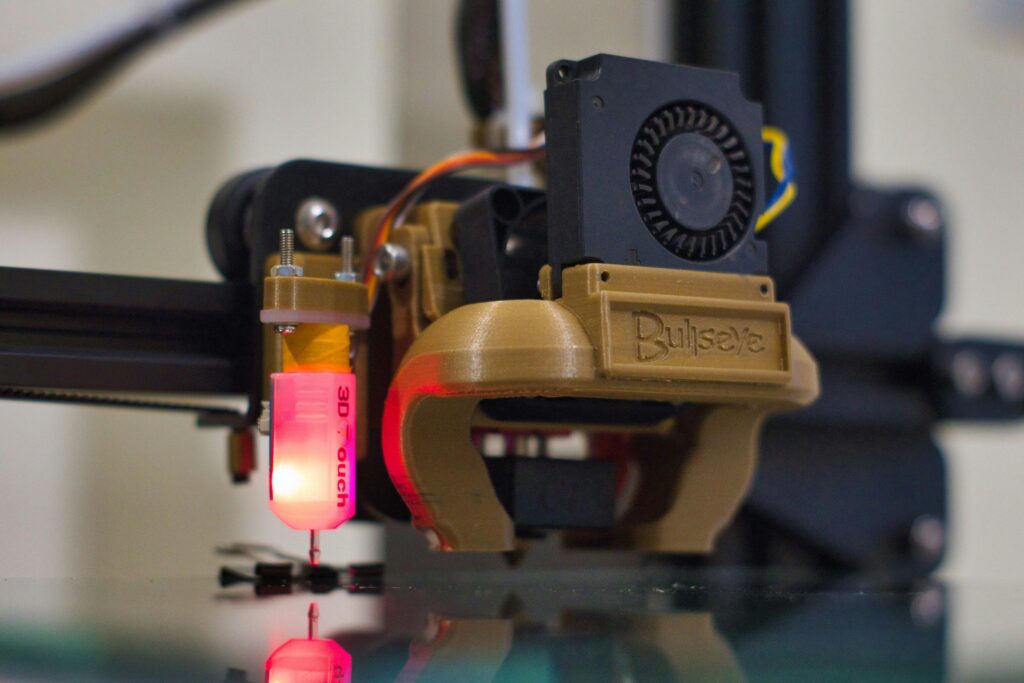
Extrusion equipment is used to transform raw materials, often in pellet or powder form, into finished products by forcing them through a die. Commonly used in plastic, rubber, and food manufacturing, this equipment includes extruders that heat and shape materials into continuous profiles, sheets, or films. The extrusion process allows for the creation of complex shapes and is vital in industries like packaging, construction, and automotive.
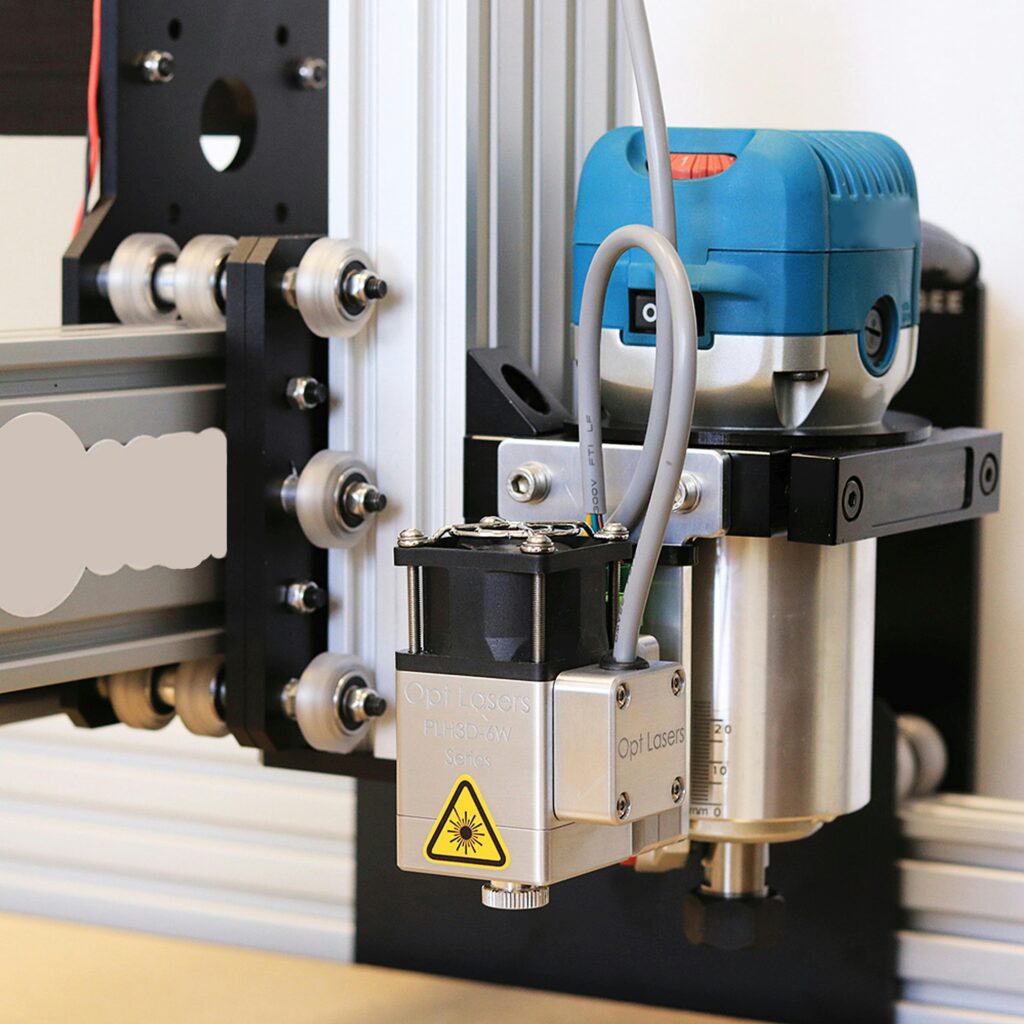
Our state-of-the-art CNC machines are designed to meet the demands of modern manufacturing with precision and efficiency. Built for high-performance, these machines provide exceptional accuracy, allowing for the production of complex parts with minimal human intervention. Whether you’re in automotive, aerospace, or general manufacturing, our CNC systems offer reliable automation, boosting productivity and reducing downtime.

Renewable energy products include solar panels and other technologies that harness energy from renewable sources. Solar panels convert sunlight into electricity through photovoltaic cells, offering a clean and sustainable energy solution for residential, commercial, and industrial applications. These products are essential for reducing carbon footprints and promoting energy independence.
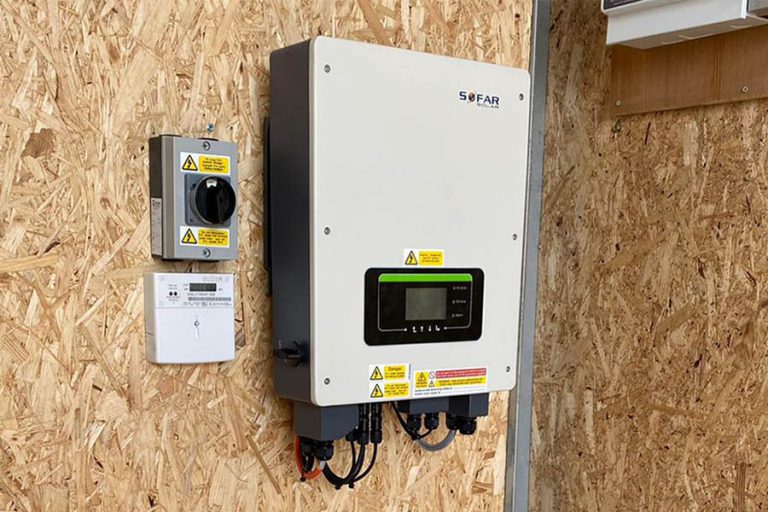
Inverters are devices that convert direct current (DC) generated by solar panels into alternating current (AC), which is used in most homes and businesses. They play a crucial role in solar energy systems, ensuring that the electricity produced is compatible with the grid and household appliances. Advanced inverters can also optimize energy production and monitor system performance.
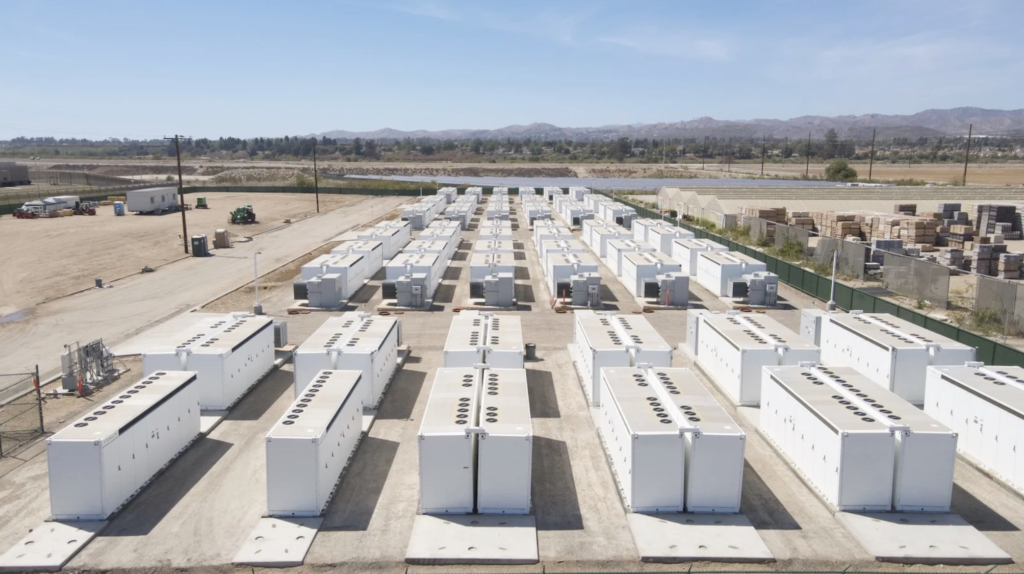
Power storage solutions, such as batteries, store excess energy generated by solar panels for later use. These systems allow homeowners and businesses to utilize solar energy during times when sunlight is not available, such as at night or on cloudy days. Lithium-ion batteries are commonly used due to their efficiency, longevity, and declining costs, enabling greater energy independence and reliability in solar energy systems.

Building materials are essential components used in the construction of structures, including residential, commercial, and industrial projects. Common building materials include concrete, wood, steel, bricks, and glass. These materials provide the necessary strength, durability, and aesthetic qualities to buildings, and their selection depends on factors like design, location, and budget.

Hardware refers to the various mechanical devices and tools used in construction and building projects. This includes items like nails, screws, bolts, hinges, locks, and brackets, which are essential for joining materials together and ensuring structural integrity. Hardware also encompasses tools like drills, saws, and levels, which aid in the construction process, making them indispensable for builders and contractors.

Our premium insulation products are engineered to offer outstanding thermal and acoustic performance, making them the ideal choice for energy-efficient homes and commercial buildings. Crafted from eco-friendly materials, our insulation solutions help regulate indoor temperatures, reduce energy consumption, and improve soundproofing. Designed for easy installation, they fit seamlessly into walls, floors.
Subscribe to our newsletter for the latest updates and offers.